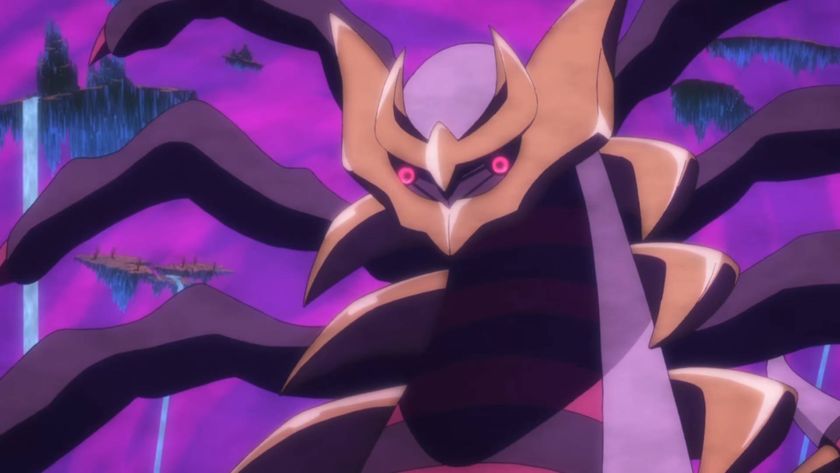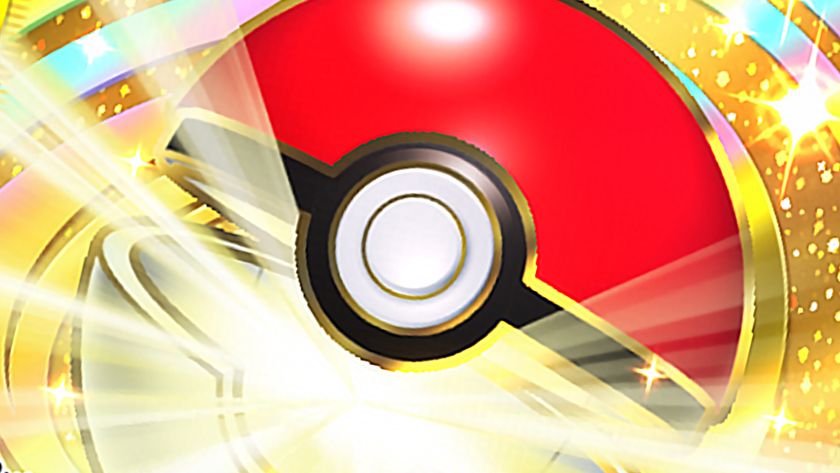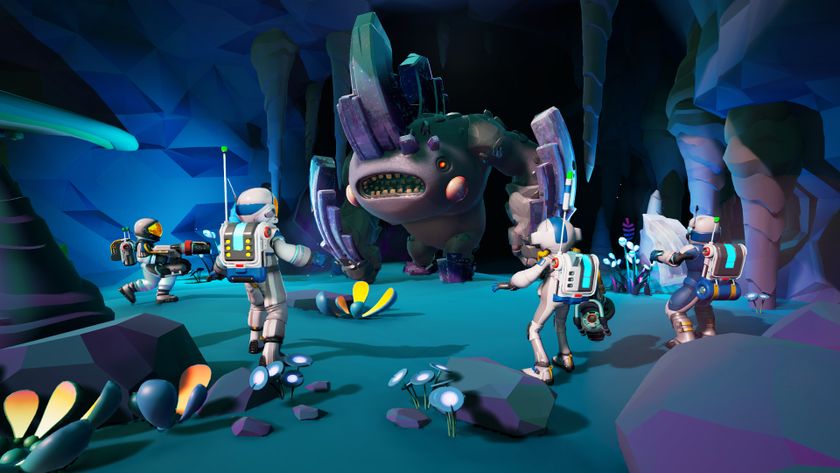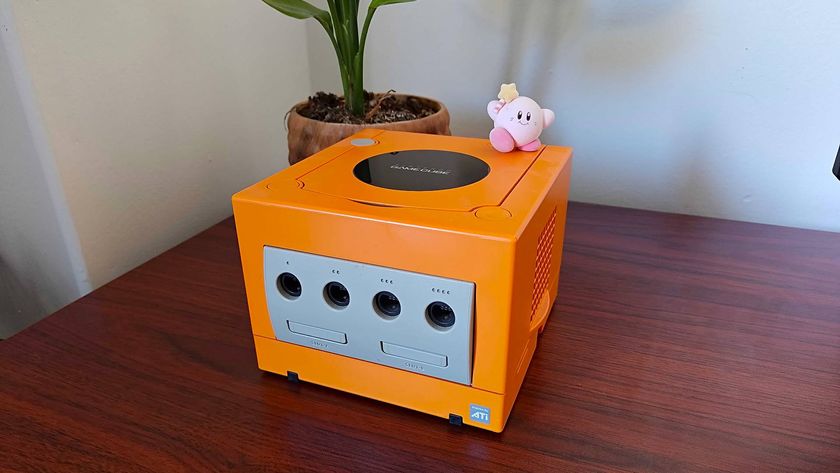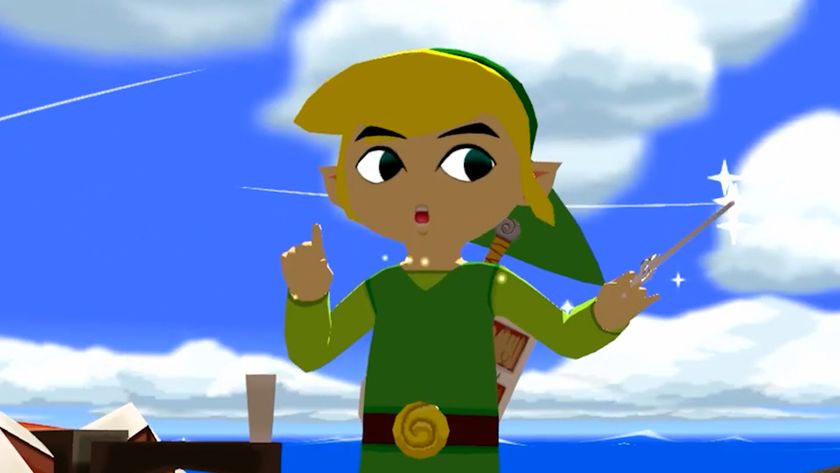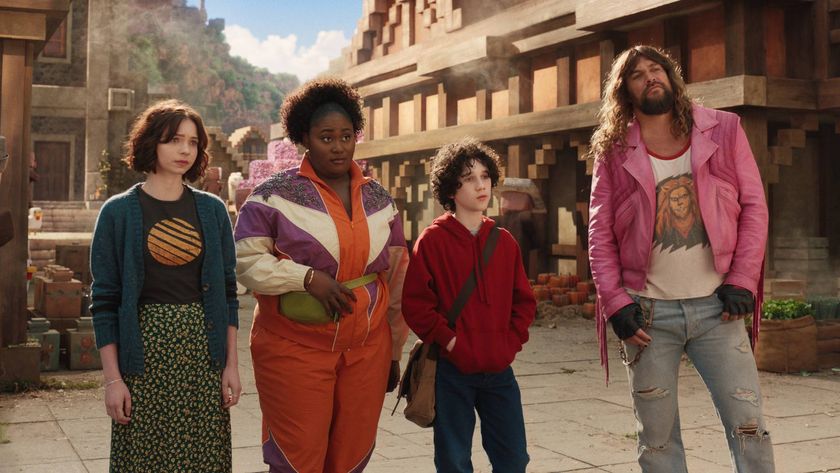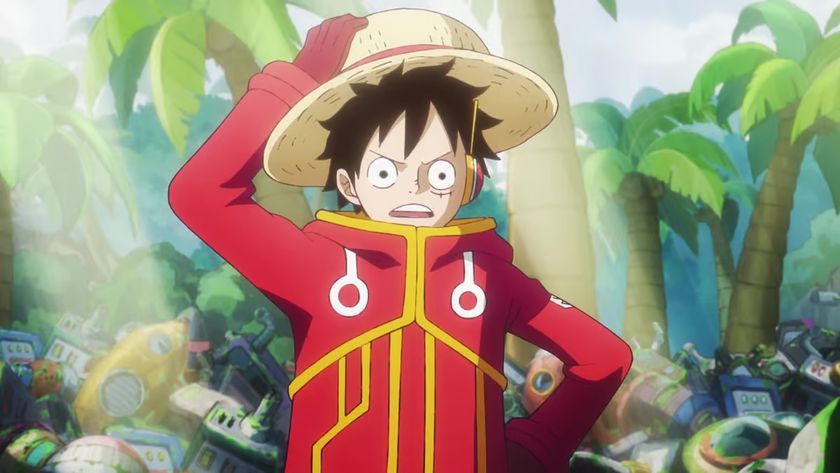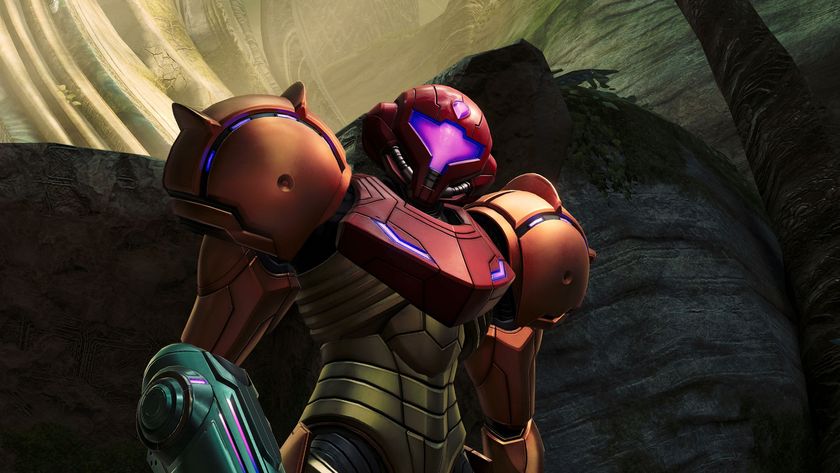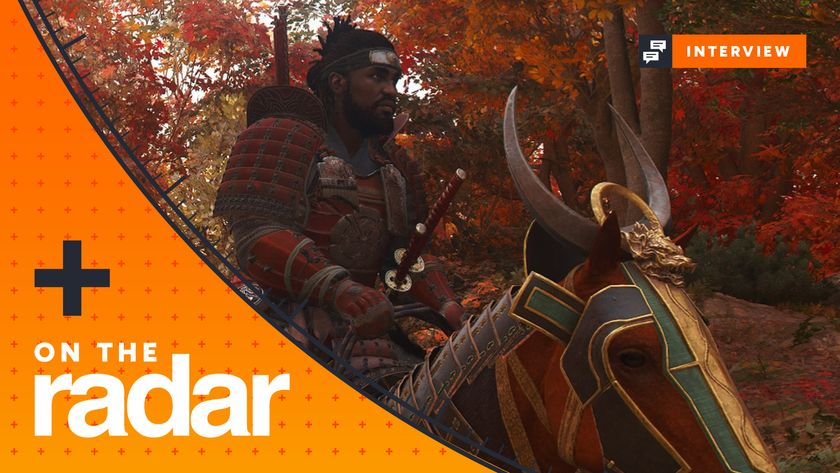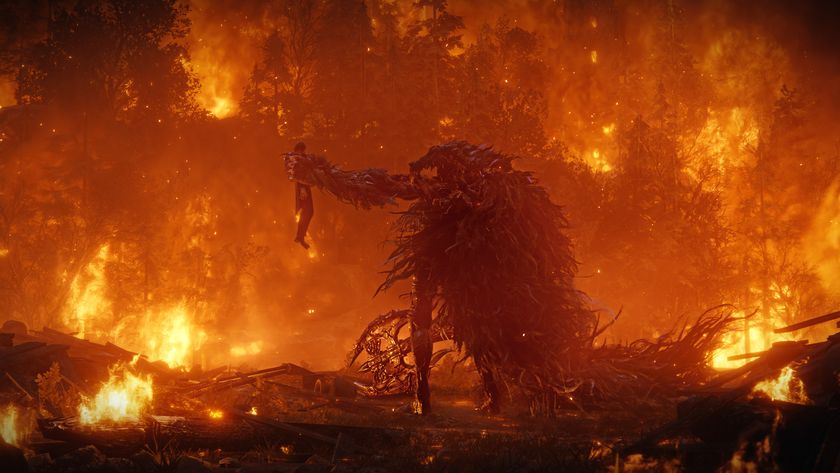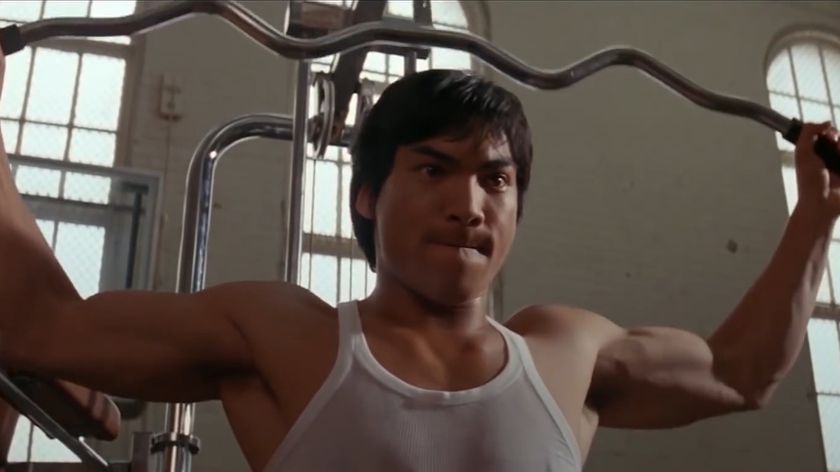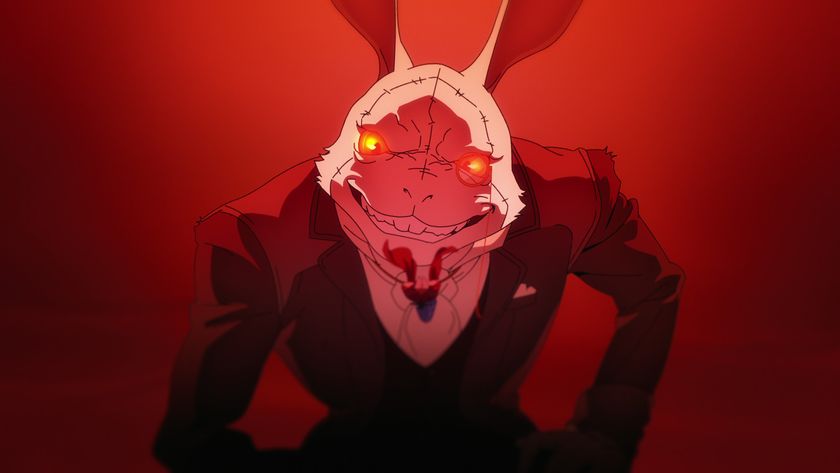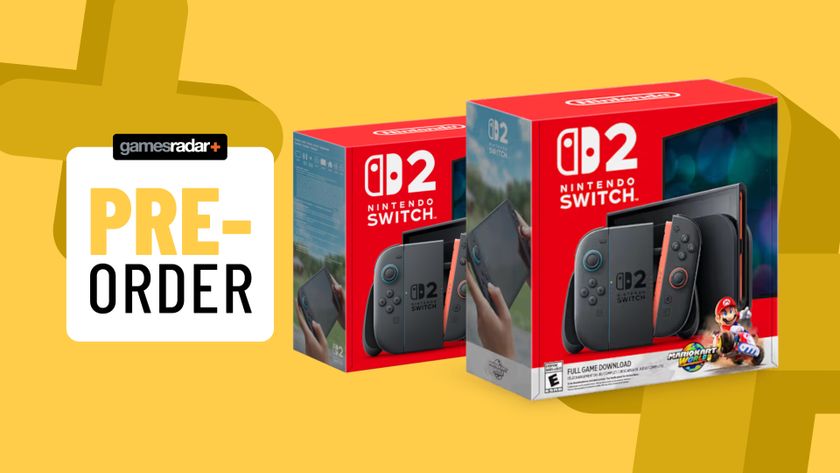How Pokemon are born
We interview Platinum's creators about Pokemon design, Pokemon rejection and the future of the franchise
With Pokemon Platinum’s North American release only a few days away, we sat down for a chat with Pokemon Company/GAME FREAK Board Director Junichi Masuda, and GAME FREAK Designer and Developer Takeshi Kawachimaru. Mr. Masuda has been with GAME FREAK since 1989 and has been with the Pokemon franchise since its beginning. As a result, he oversees pretty much all aspects of the Pokemon series, including approving and rejecting new Pokemon.
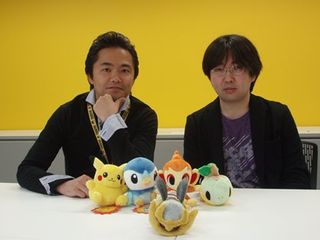
Above: Masuda on the left, Kawachimaru on the right
Remember that Pokemon you drew in 8th grade history class that looked like a tea kettle and shot fire balls? Mr. Masuda is probably the guy that turned it down. Mr. Kawachimaru has been developing and designing Pokemon games since Ruby and Sapphire and is equally as dedicated to the franchise.
In this interview we try and find out what goes on behind the scenes of making a Pokemon game, and see if there’s any Pokemon they just can’t stand.
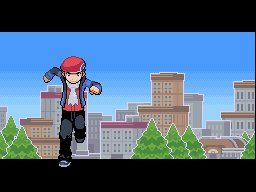
GamesRadar: First, what do you think the most exciting aspect of Pokemon Platinum will be for Pokemon fans?
Takeshi Kawachimaru: Platinum is targeted at two audiences so there are two things that I’d like to mention, the first thing isBattle Video and Battle Frontier. Those are the places that the core player who’s really into battling, can go and enjoy the actual Pokemon battle. Those are the new ways of battling one another. Secondly there is Wi-Fi Plaza, there are some Pokemon game players who don’t enjoy much battling, but they can go to this plaza, and they can play different kinds of minigames. So there is a good variety for both kinds of players.
Given that trainers have had plenty of time to train their Pokemon in Diamond and Pearl, will Platinum be more challenging?
Sign up to the GamesRadar+ Newsletter
Weekly digests, tales from the communities you love, and more
Kawachimaru: In certain places, yes, as we want to entertain people who have already played Diamond and Pearl. So certain areas, such as the Elite Four, will be more challenging. But at the same time we want the game to remain approachable to everybody, including beginners, so the basics are the same difficulty.
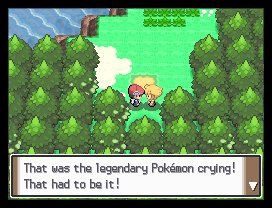
For a game that is targeted at a generally younger audience, Pokemon contains a lot of complex elemements such as the Individual Value and Effort Value systems. Are aspects like this added to appeal to an older, or perhaps more hardcore trainer?
Junichi Masuda: Yes there is game design to set IV and EV, and that’s something for people who enjoy battling and want to go more in depth. Also we don’t want to forget that the basic concept of the game is to train Pokemon and these are parts of that.
Kawachimaru: The EVs and IVs also help to make each Pokemon in the game individual as it adds another unique aspect to their traits and abilities.
Are there any plans to make things like EVs and hunting shiny Pokemon with the Poke Radar more visible or easier to manage? At the moment they seem like very secret things that most players will miss unless they research them on the internet.
Masuda: As you know, each Pokemon already has statistics, natures and characteristic traits that we provide to the player that are essential to training. We are thinking of doing something along the lines of what you suggested, but there are many ideas floating around about how to approach it, so we can’t say for sure.
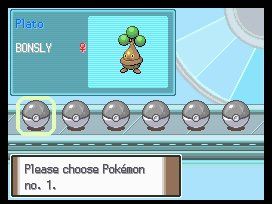
I’m sure a question you get a lot is “What’s your favorite Pokemon?” so let me ask, what’s your least favorite Pokemon?
Kawachimaru: (laughs) I don’t have a least favorite Pokemon, but when we are battling, I don’t want my opponent to have Bronzong because he is very tricky to fight against because of his defense and unusual moves like trick room.
Masuda: I am the one who looks at the concepts and approves new Pokemon (laughs), so I don’t have any least favorite Pokemon, I like all of them.
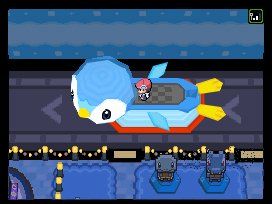
How long does it typically take for a Pokemon to go from a concept drawing to being in the actual game?
Masuda: The first thing I do is determine what direction we want to go in with the character. We look at the concept and determine is this a strong character? Is this an evolution of a current Pokemon? Is it a legendary Pokemon or a more basic one? The fastest ones take around six months, but the ones that play important roles in the game, like the starter Pokemon, they take more than a year.

